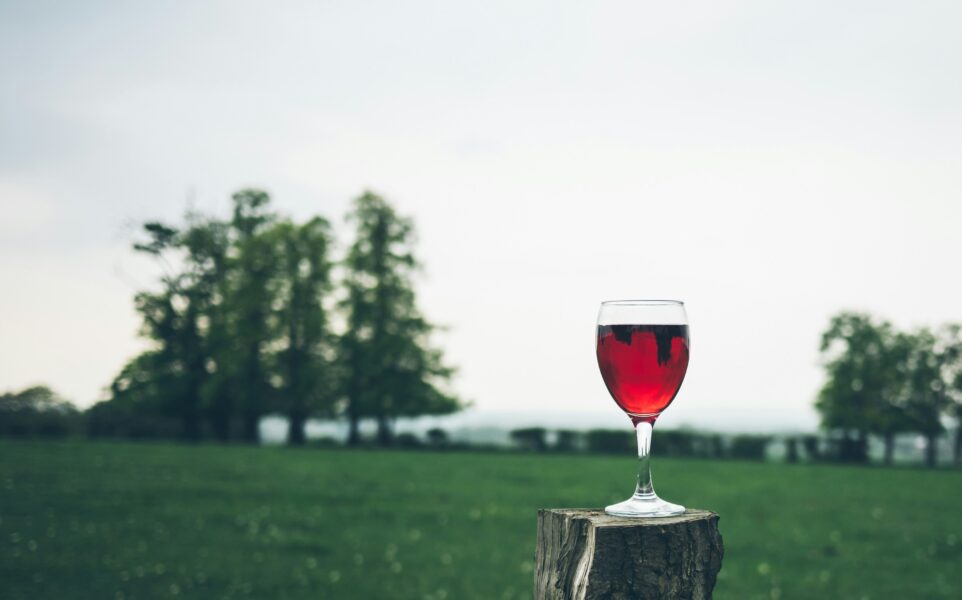
The UK Charity Macmillan Cancer Support has recently set up a fundraiser challenge – “Sober October” – in order to raise money for Cancer research and aid. The rules are straightforward and very similar to the popular “Dry January” challenge hosted by the charity Alcohol Change UK: no drinking alcohol for one full month.
Both charities advertise their campaigns alongside numerous health benefits that come with giving up drinking alcohol – even just for 31 days – with some of them being weight loss, saving money, better mental health, and increased energy. Along with this, Macmillan promises that raising money for cancer sufferers will further add to these benefits, helping not only you but also other people. Scientifically speaking, however, your liver, as well as your skin, also begin to recover and function significantly better upon the one-month mark of no alcohol. Many others report experiencing less acid reflux as their stomach lining recovers from the acidity of alcohol, as well as improved vision and better kidney health. What’s there not to appreciate?
With these benefits, it makes sense that over 25,000 “Sober-heroes” across 735 teams signed up for the challenge before October even began. Though arguably not as popularised as the classic “New Year, New Me” saying that motivates people to attempt Dry January, becoming a “Sober-hero” also sounds like you’re doing a fair bit to take care of your body. For many, a lot of the time, Dry January is not seen as a charitable campaign, but rather a personal choice. With Macmillan’s campaign, however, they pledge to make a real difference along the health benefits.
Over 25,000 “Sober-heroes” across 735 teams signed up for the challenge before October even began.
As someone who stopped drinking out of choice around a year ago, I find that my university experience is equally as enjoyable as it was when I would occasionally drink with my friends. For me, it has definitely been an efficient way to save money and enjoy being in the moment with my friends more than anything. Thus, Macmillan’s fundraiser is definitely a positive thing, and I think it will be a big motivator for some.
So far, Macmillan has raised over £300,000 for the campaign, with October only just starting – the success of the campaign will only continue to rise throughout the month, and it will certainly be interesting to see how much the participants raise by the end of October.
If you think you’re struggling with alcohol abuse, please seek relevant help and resources via the NHS website.

